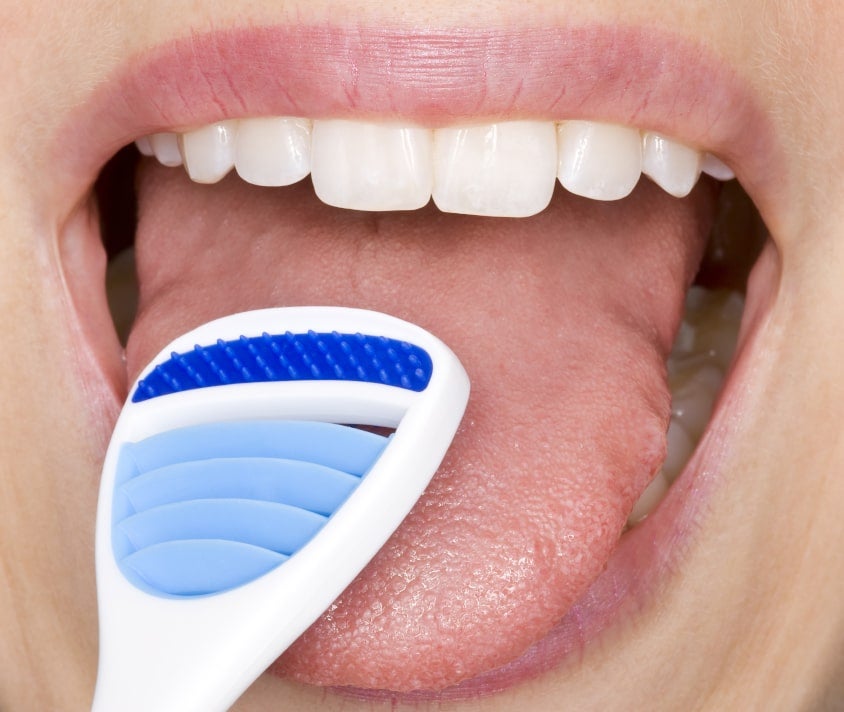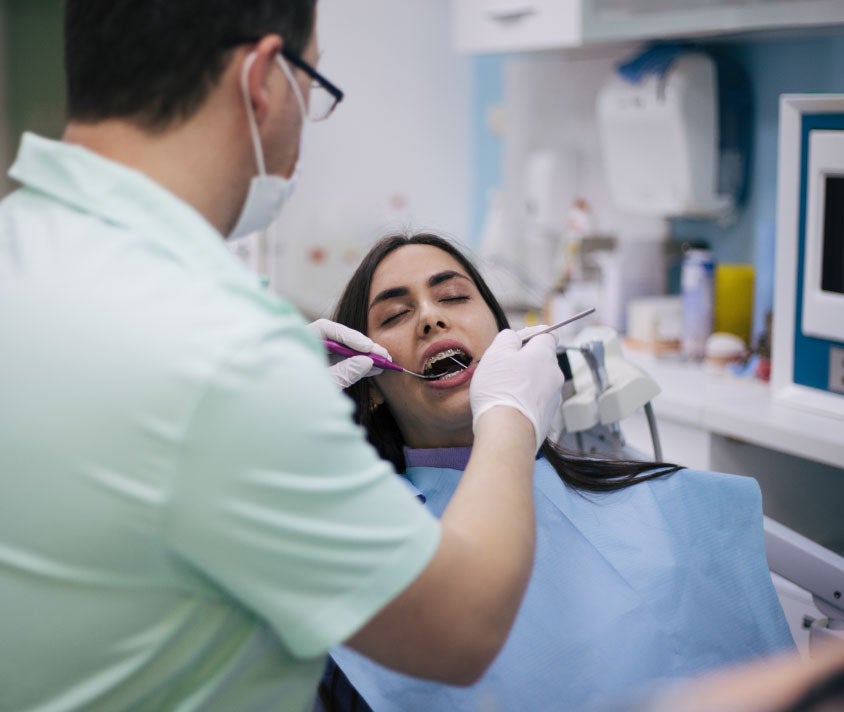This article will take you 5 minutes to read
Once regarded as a spiritual beverage, coffee is now a globally consumed drink, with an estimated 98 million cups consumed daily in the UK alone1. But how does coffee impact oral health? Moderate coffee consumption offers some advantages due to its rich content of antioxidants like caffeine, chlorogenic acid, and caffeic acid, which have properties that may help protect against gum issues. However, excessive coffee intake can lead to oral health problems, making balance essential to reaping coffee's benefits without compromising gum health.2
The Link Between Coffee and Oral Health
Coffee is not only one of the world’s most popular beverages but also a significant element of various cultural traditions and social practices. However, a study published in the National Library of Medicine found a positive correlation between total coffee consumption and the severity of advanced gum problems3. Additionally, the research indicated that higher levels of certain caffeine metabolites are associated with an increased risk of developing specific gum conditions. In other words, elevated concentrations of these metabolites may suggest a greater likelihood of experiencing gum issues.
The relationship between coffee consumption and oral health is complex4, as coffee contains components that can have both positive and negative effects. Moderate coffee intake may provide benefits due to its antioxidant and different properties, which can help protect against gum problems. However, excessive consumption can lead to potential drawbacks, making it essential to balance routine coffee drinking with mindful portion sizes to maximize its benefits while minimizing risks.
Adding milk to coffee can further enhance its positive impact. The calcium and casein in milk contribute to bone and tooth mineral preservation, potentially reducing teeth and bone loss. The use of skimmed milk powder in coffee blends instead of cream can also reinforce these benefits. Understanding these nuances can help coffee lovers enjoy their drink while supporting gum health.
The Impact of Caffeine on Your Gums
Despite its potential benefits, caffeine in coffee has been linked to negative effects on gum health. Some studies suggest that caffeine may contribute to the development or progression of gum problems. While coffee can offer protective properties, it is crucial to remain mindful of how caffeine intake may affect gum tissues and overall oral health.
Precautions to Protect Your Gums While Enjoying Coffee
1. Reduce Sugary Coffee Drinks
Sugar-rich coffee beverages like frappuccinos, mochas, and caramel macchiatos can pose significant risks to dental health. The high sugar content creates an ideal environment for micro-organisms to flourish, leading to the production of acids that can impact tooth enamel. Over time, these acid attacks can cause dental cavities. To minimize this risk, limit sugary coffee drinks and maintain consistent oral hygiene practices.5
2. Use a Straw
Coffee is naturally acidic6, and regular consumption can contribute to enamel erosion and irritation of the gums. Using a straw is a simple way to reduce direct contact between coffee and your teeth, minimizing acid-related irritation7. This method directs the liquid past sensitive areas in the mouth, preserving dental health while allowing you to enjoy your coffee without compromising your oral health.
Frequently Asked Questions
Can coffee contribute to gum problems?
Yes, excessive coffee consumption can lead to dental and gum problems.8
What oral hygiene practices should I follow if I drink coffee regularly?
Drinking water is always beneficial9, as caffeinated beverages can cause dehydration. Additionally, wait at least an hour before brushing to let saliva neutralize the acid. Maintain good oral hygiene and consider using a straw to reduce contact with your teeth.
Should I brush my teeth immediately after drinking coffee?
No, it's best to wait at least an hour before brushing your teeth after consuming acidic drinks and drinking coffee.10
References
1. https://britishcoffeeassociation.org/coffee-consumption/
2. https://pmc.ncbi.nlm.nih.gov/articles/PMC9582577/
3. https://pubmed.ncbi.nlm.nih.gov/37815812/
4. https://pmc.ncbi.nlm.nih.gov/articles/PMC9582577/#sec13
5. https://pubmed.ncbi.nlm.nih.gov/32830237/
6. https://www.healthline.com/nutrition/is-coffee-acidic#health-effects
7. https://www.mouthhealthy.org/all-topics-a-z/dietary-acids-and-your-teeth
8. https://pmc.ncbi.nlm.nih.gov/articles/PMC9582577/#sec13
9. https://rightasrain.uwmedicine.org/body/food/too-much-caffeine



